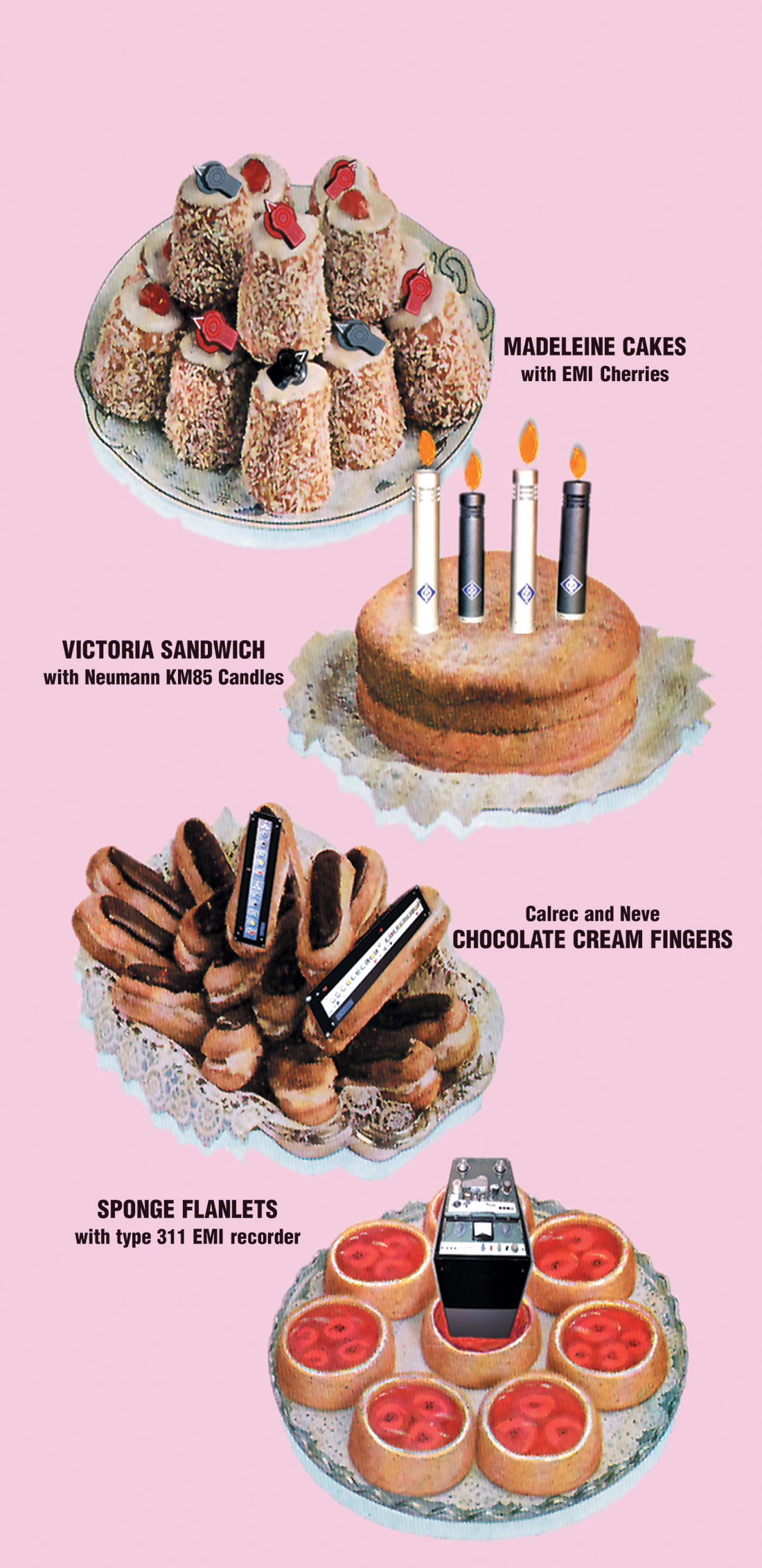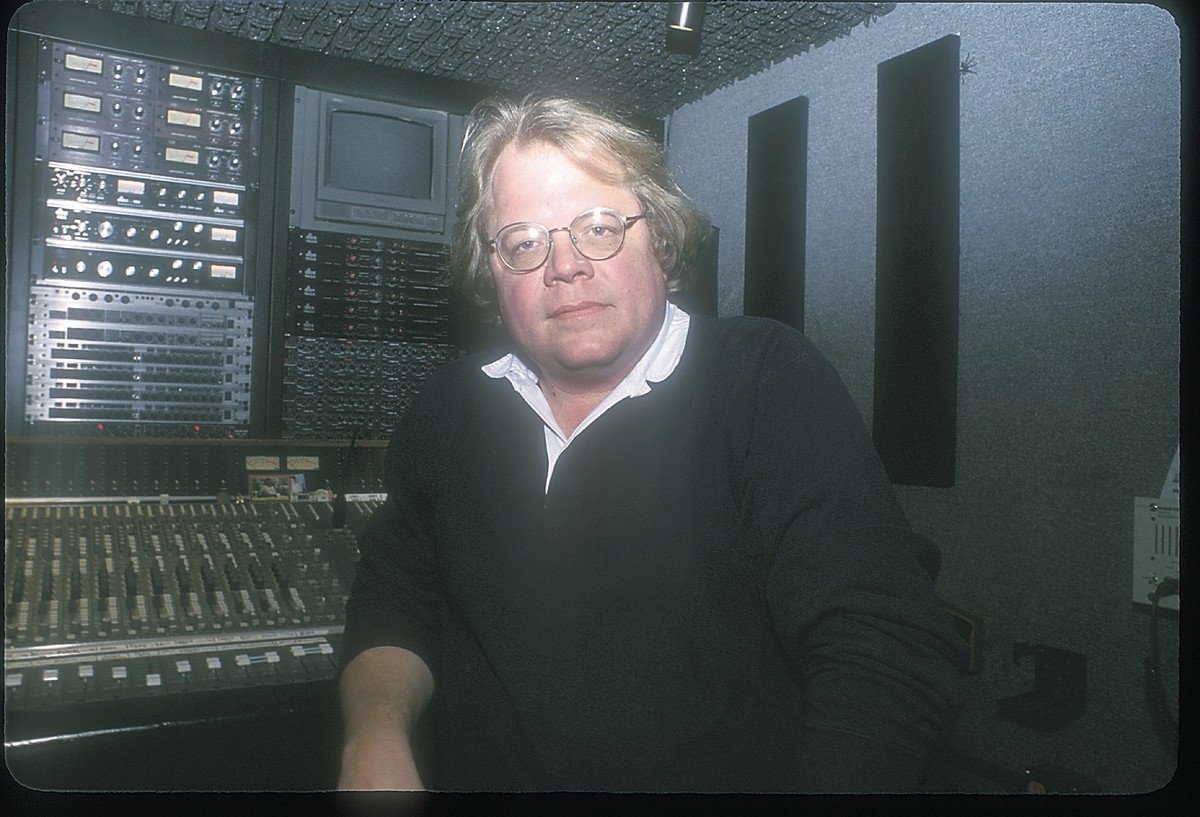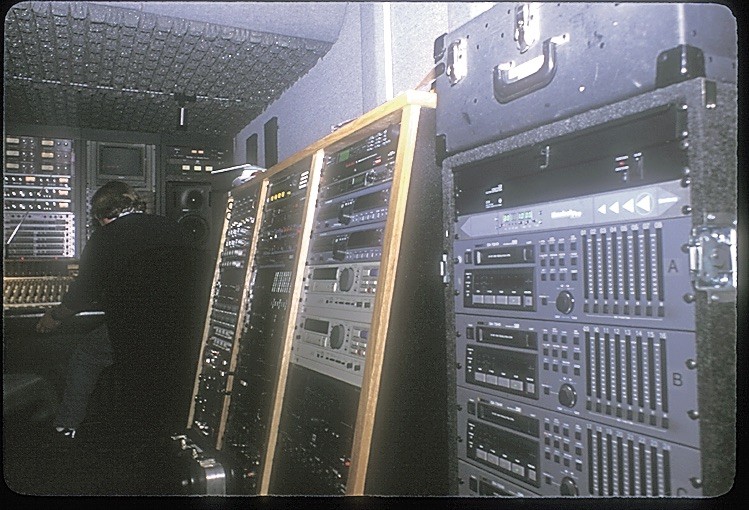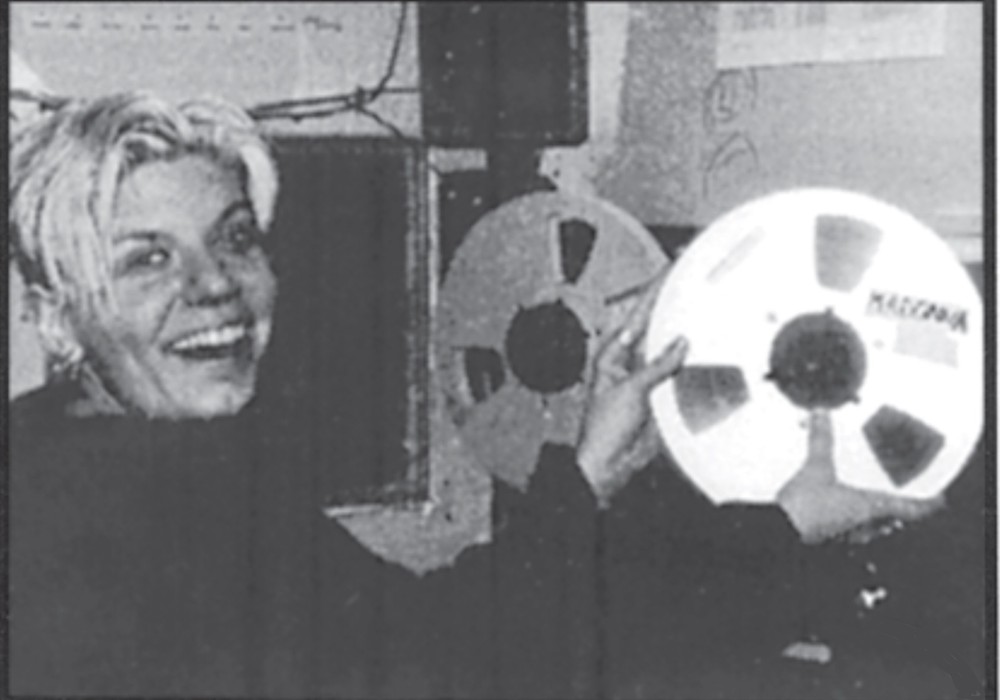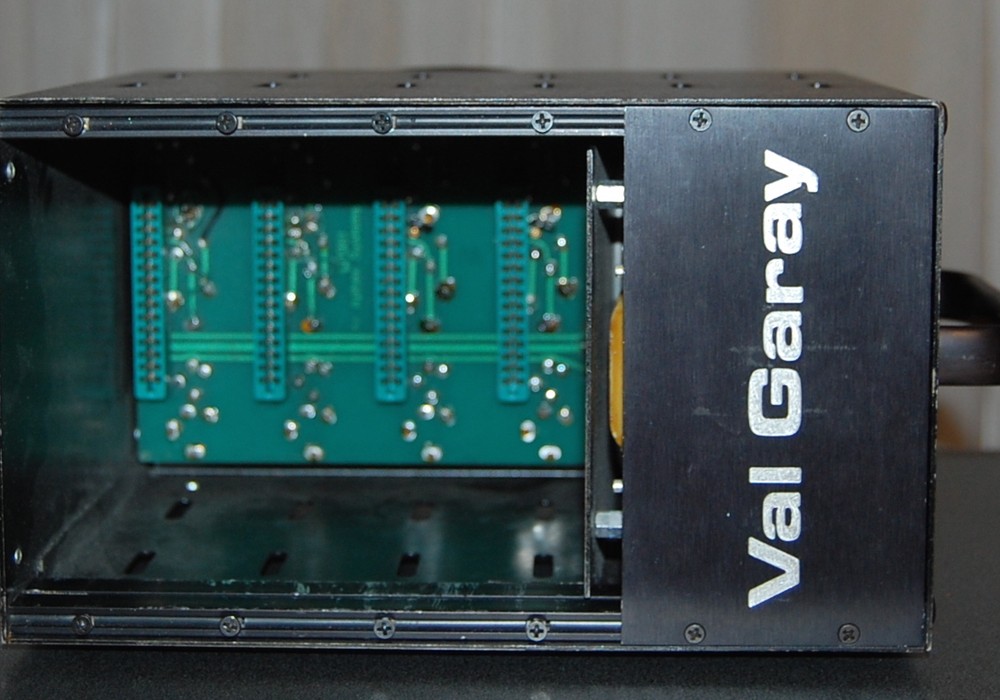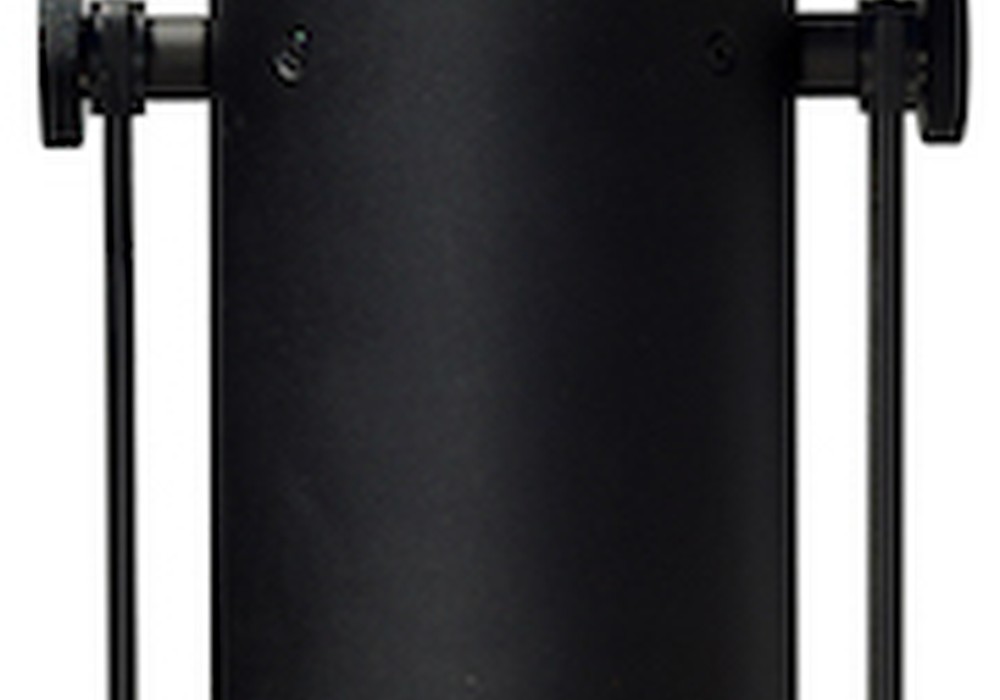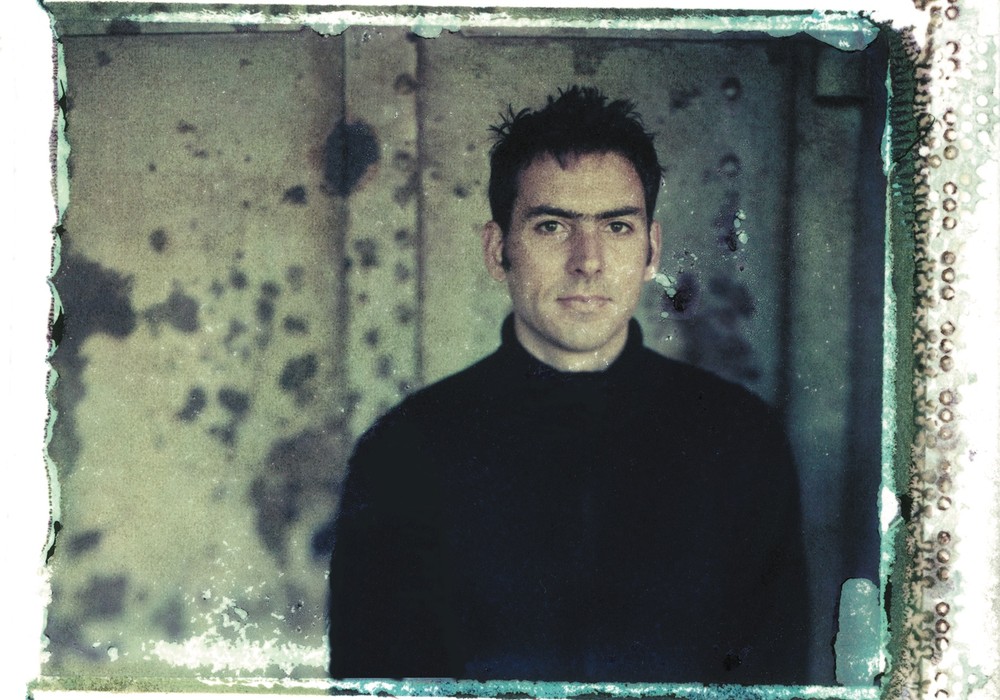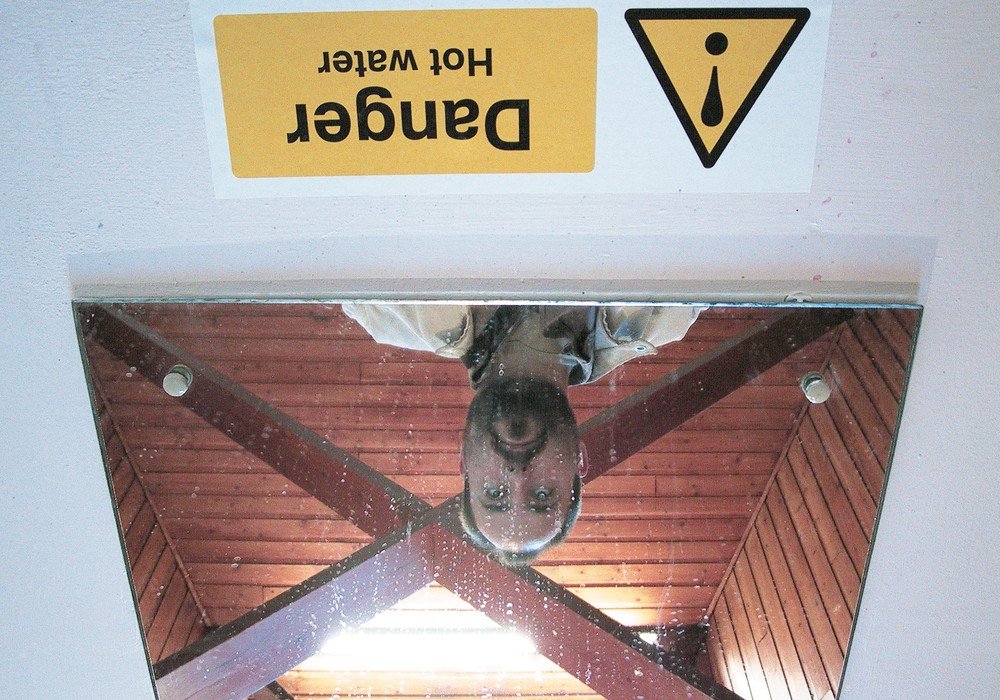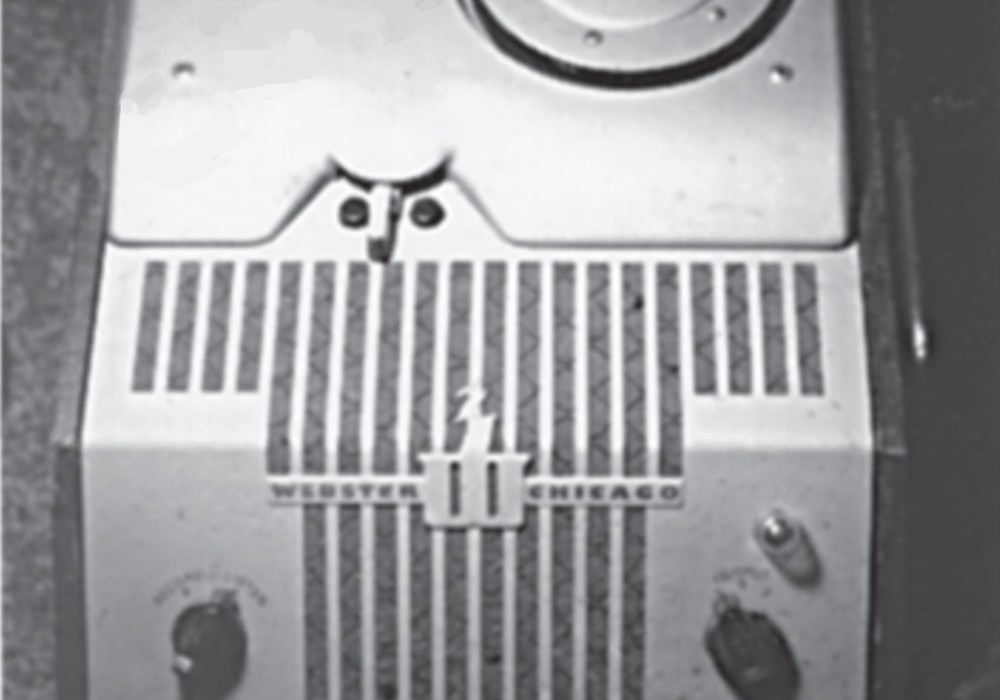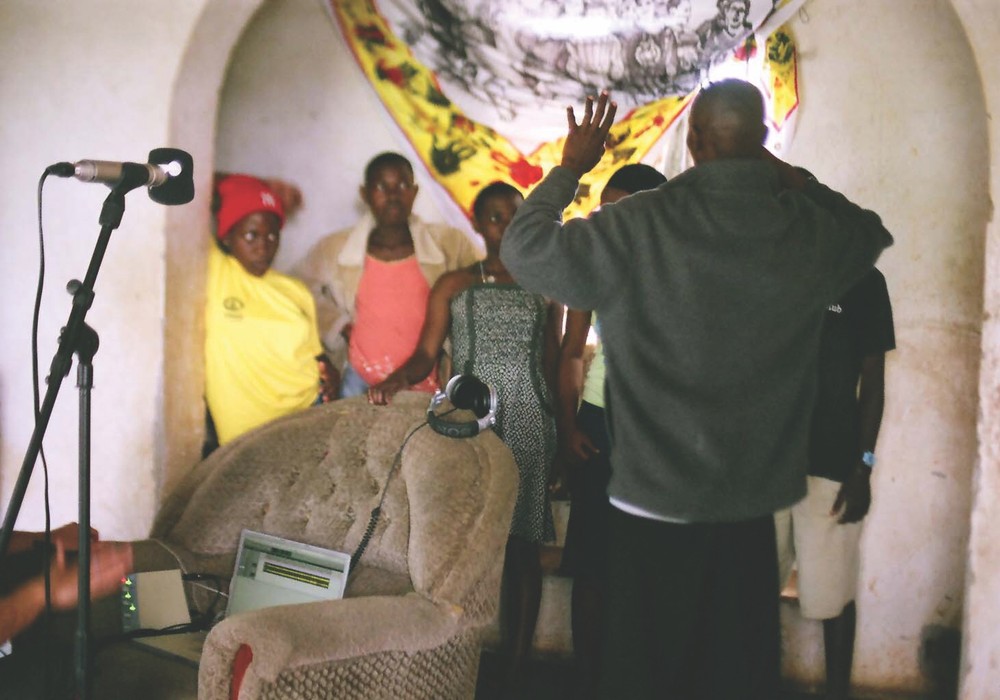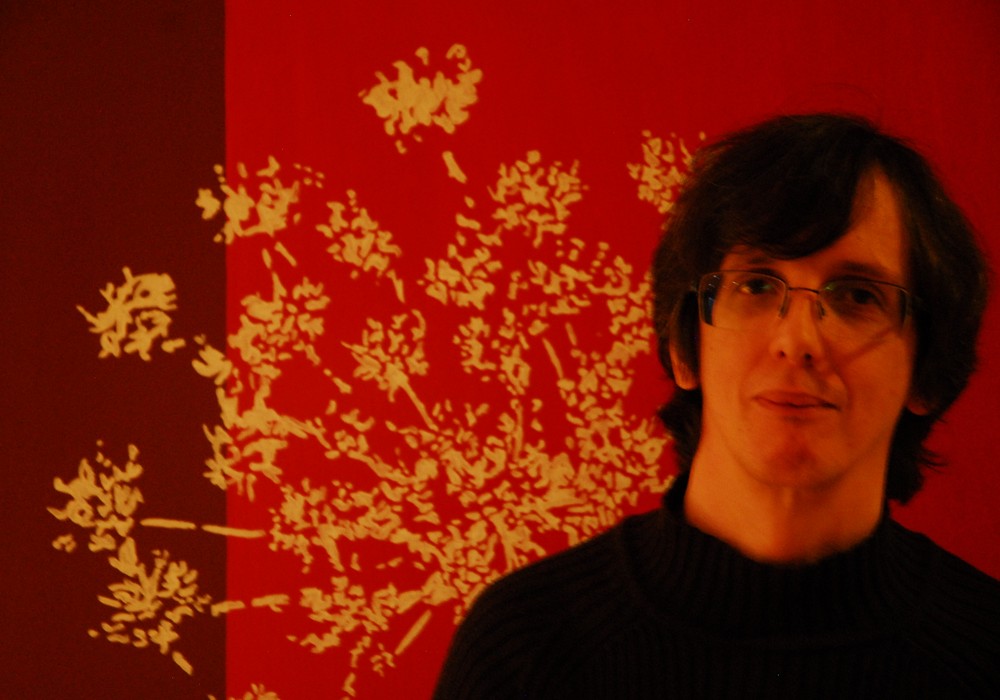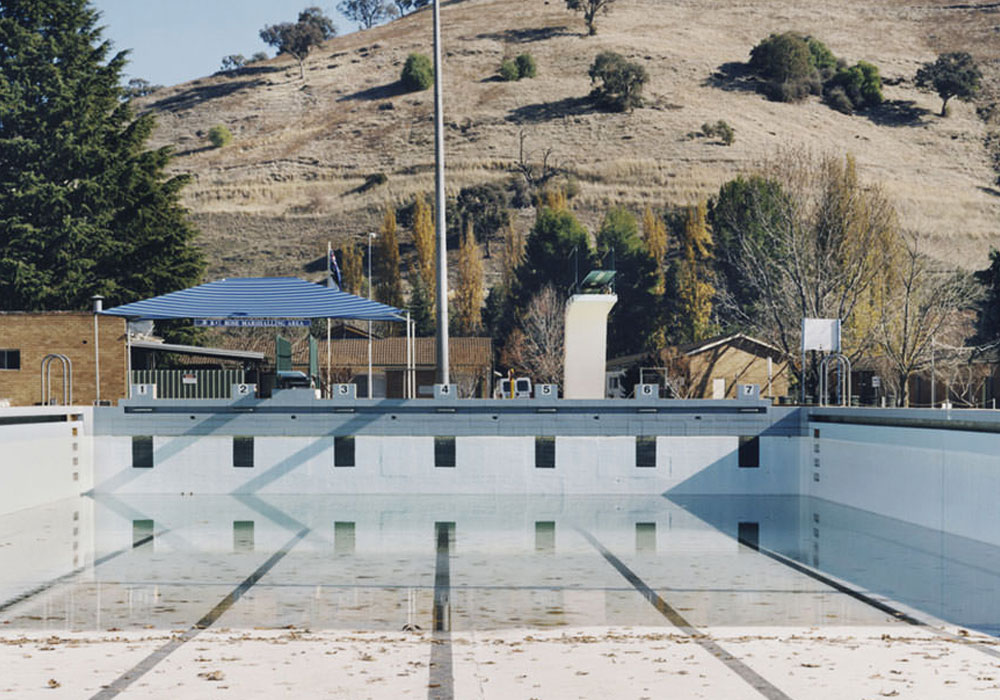Timothy Powell of Metro Mobile Recording has been a music and gear fanatic his whole life. Walking into his main recording truck, M-48, is proof enough of that. I was amazed not only at the collection of outboard compressors, EQs and pres, but was also struck by the feel of it. When the door is shut you'd swear you were in a control room in some studio somewhere. There's no kitchen, no pool table and no video game console, but there is a comfortable area for the engineer and a nice couch and chairs in the back for clients or other guests. There's acoustic treatment on the walls, and the aforementioned racks of gear, more than I've seen in some studios! Once the door opens and you're back outside, it's just a large, nondescript white truck parked under the street level, next to the river. Wherever they have a gig, the trucks just roll up next to the venue in the alley or a side street — or, in this case, on the service level of Dearborn Street — plug into the venue's power and FOH console and do their thing. Metro Mobile has two full-timers, including Tim, and a "posse" of freelancers who take care of the recordings. Tim was kind enough to speak with me just before Thanksgiving at the House of Blues in Chicago.
How long have you been doing this?
Twenty-five years. I graduated from college 25 years ago.
And how did you get into it? Did it start out as a hobby?
I started taping Dead shows in college and that was huge. In my college they had a deal where you could get into any concert for free if you would haul around gear and help out. You wouldn't get paid but you got to see all of these great shows for free. I worked at the radio station at school, too. I graduated from college with a degree in American Studies from Notre Dame. So at the end of college everyone was interviewing with companies and I didn't do any of that shit. I got home from school and did a year at Columbia College and took some recording, broadcasting and TV classes. After the second day I knew that I wanted to be a recording engineer. Then I had a job editing tapes from medical conventions. I had to go through and edit out all of the pops and clicks and "aaahhs" and bad jokes. From there I got a job at a cassette duplicator and they had a little studio there. They would prepare tapes for duplication. They would do some voice recording, training tapes and stuff like that. The whole time I was there was at the start of the whole punk thing. I graduated college in spring of 1977 and that's when punk hit Chicago. The week I got home from college there was a gay club on Halsted called La Mere Vipere and they had punk night on Sundays. The week I got home they switched over to punk seven days a week. I jumped right into that scene. I got out of the Dead thing and was going to all of the shows and hanging out. This friend of mine that I had met named "Bootleg" Bob, who was this famous collector of bootlegs — he didn't make them, just collected them — called me up and asked if I was going to see Devo at this place called Beginnings in Schaumberg. It was owned by one of the guys in the band Chicago and they had cool early punk shows there. They had The Ramones, Devo and all of these cool bands. So Bob asked if I was going to see Devo and if I could give a friend of his a ride. His name was Terry Nelson and he had a radio show on WZRD, which is Northeastern Illinois University's radio station. It was called The Sunday Morning Nightmare and he played punk rock. He started that in 1976 and I think he's the first guy to start what we know now as "college radio". One thing led to another and when punk bands came to Chicago he knew them all because he had traveled all over England and was just one of these guys that knew everybody and was in the scene. So these bands would come to the station after the shows late at night and get drunk and tape interviews and be obnoxious. Then some of them said, "Why don't you tape our show?" So he said to me, "Hey, you're a recording guy," and I started helping him tape these punk shows. So from, like, 1978 to 1981 we recorded every punk band that came to town: Buzzcocks, Gang of Four, Cramps, The Only Ones, Nick Cash and 999... just tons of bands.
Where did you do most of this?
P-Tuts, which used to be called The Quiet Night and was at Belmont and Sheffield. That was a great place. Schubas, which back then was called Gaspar's. We recorded Squeeze there. Their record Cool For Cats was number one at the time in England. They weren't punk, but were part of the scene. Their record is number one in England and they're here at Schuba's for only 200 people. We just had this little 4-track and cobbled together all of this gear. We'd borrow gear, kind of stole gear, brought it back. So I did this...
